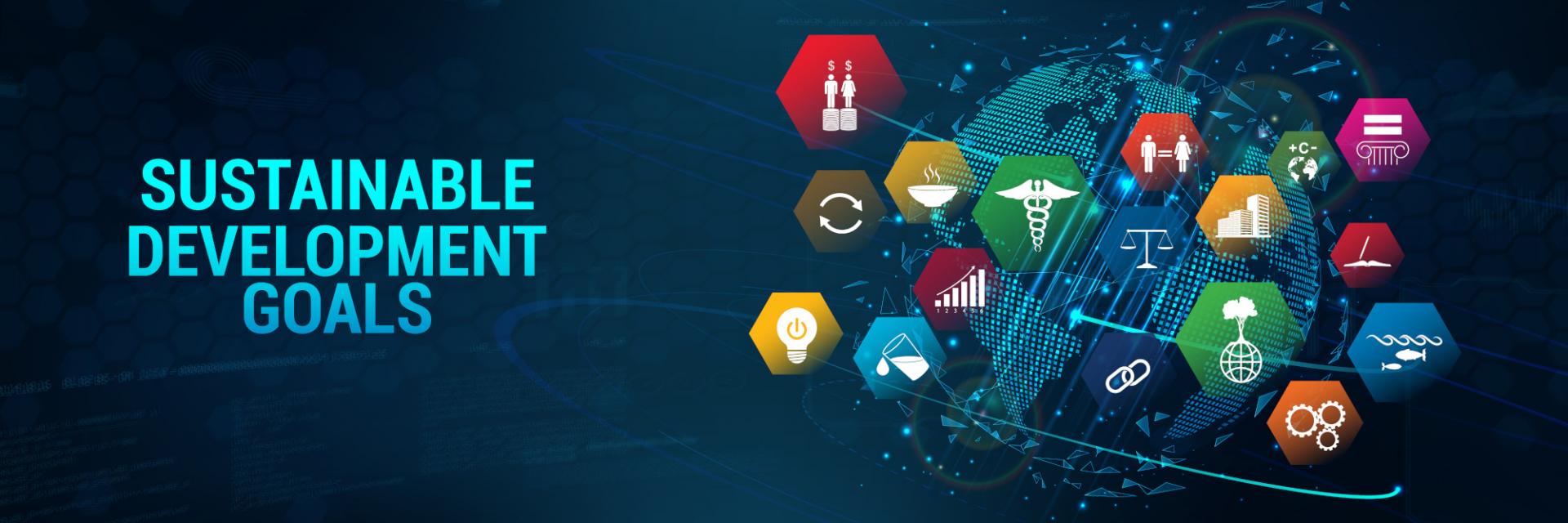Addis Ababa, 07 November 2022 (ECA) - Africa - on the verge of economic transformation - needs high quality statistics to inform development planning and to monitor progress on Sustainable Development Goals (SDGs), says Mr. Oliver Chinganya, Director of the African Center for Statistics of the Economic Commission for Africa (ACS).
“National statistical systems have a central role in generating, disseminating, and administering data,” Mr. Chinganya said, noting that the efforts of national governments should be supplemented with data and analysis from civil society, academia, the private sector and other partners.
The African Center for Statistics serves to strengthen the statistical capability of the African statistical system for the production of quality statistics of international standard. The ACS is the regional coordinator of statistics in Africa, and delivers services through training workshops, seminars, development of manuals and technical assistance in implementing the manuals.
Mr. Chinganya underscored the importance of high-quality disaggregated data and statistics which are an essential input for smart and transparent decision-making and improving policymaking at all levels.
“The agenda 2030 is both statistical and geospatial in its implementation and tracking,” he observed. “Therefore, the SDGs are changing the game as many countries in Africa are expanding their national data ecosystems beyond traditional statistics to embrace new data frontiers that provide structures for collecting, analyzing, and disseminating data, and thus significantly improving the quality of official statistics.”
Promising progress
Africa has made several strides towards providing data in response to the demands of various development agendas. However, more still needs to be improved for efficiency in reporting.
Countries have made some progress in meeting SDGs, in particular, SDG 15 of the 17 but are off track on others, underlying the urgency of accelerating progress to achieve the global goals by 2030, Mr. Chinganya noted. For instance, SDGs specifically 5, 13, 14, 16, suffer from insufficient data for effective tracking of progress towards achieving set values at goal, target and indicator levels.
Tackling challenges
However, challenges abound for African countries in developing accurate data and statistical systems. Many African countries do not have sufficient capacity to generate reliable and comprehensive data for evidence-based planning and decision-making. This is due to a combination of factors including weak legal and institutional frameworks and poor infrastructure to support all the stages of the data value chain.
Besides, not all data is published in a common, open, electronic format, as appropriate for interoperability and comparability of data from different sources, said Mr. Chinganya, citing the low implementation of the FAIR Data Principles (Findable, Accessible, Interoperable, and Reusable) by many African countries.
Furthermore, countries faced challenges of having weak expertise and human resources capacity to handle and adapt new and emerging methodologies and data sources. This was a consequence of having little domestic resources committed to financing the production of data and statistics.
Other challenges that countries need to overcome include low data literacy among data users, accessibility and use of available data and statistics as well as weak civil registration and vital statistics systems to generate information for national plans and investment opportunities. Besides, Mr. Chinganya highlighted the need to build the capacity of countries in communicating the value proposition of data (spatial and non-spatial) and statistics to attract investment.
“Inadequate analysis of the existing data limits the implementing the development agendas at national, sub-regional, regional, and global levels,” he said, adding: “For instance, a wealth of information can be mined from data on censuses and large-scale surveys, yet such data are rarely linked with other sources to fully unlock its value.”
Pertinent policies needed
Mr. Chinganya advised that policies geared towards allocation of a consistent proportion of the national budget to the financing of production of data and statistics are needed at the country level. This stems from the realization that all other national frameworks depend on data and statistics for the design, implementation, monitoring and evaluation of government-led policies and programmes.
“At the country level, there is need for policies supporting the integration of geospatial and statistical information for better focus of interventions to where the most vulnerable are located to ensure no one is left behind,” Mr. Chinganya said.
Through the Addis Ababa Action Agenda of the Third International Conference on Financing for Development in 2015, African Heads of State and Government and High Representatives affirmed their strong political commitment to addressing the financing challenge and the creation of an enabling environment to facilitate the development of data and statistics systems.
Issued by:
Communications Section
Economic Commission for Africa
PO Box 3001
Addis Ababa
Ethiopia
Tel: +251 11 551 5826
E-mail: eca-info@un.org

